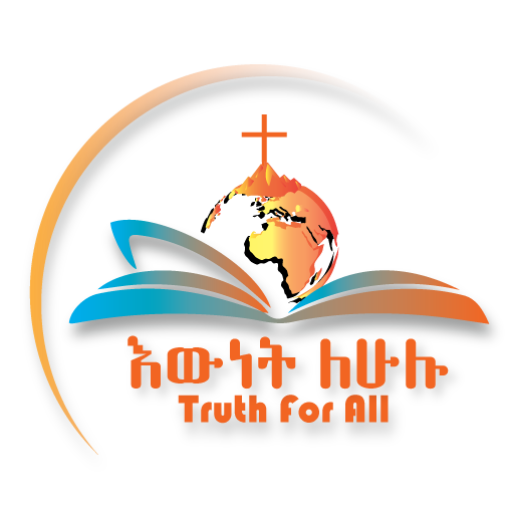THE DROWSY ETHIOPIAN CHURCH AND THE LOOMING TSUNAMI OF RADICAL ISLAM
Brother Daniel
As the Western countries are traumatized with the challenge of Islamic migration and high birth rates, non-Muslim African countries, including Ethiopia, are distressed with the same sorts of challenges. On top of that, the spiritual life of many Ethiopian Christians is becoming weak from time to time, and their ability to share the Gospel is crippled by false teachings that are widely propagated in the country. Read more…
RADICAL ISLAMIC GROUPS AND THE AGONY OF THE CHURCH IN ETHIOPIA
Brother Daniel
Though Ethiopian Christians and Muslims are known for their tolerance and coexistence, it is a fact of history that for many centuries, there were religious, political, and economic conflicts between the Christian kingdom and its rival Muslim sultanates. The conflicts were frequently followed by bloody wars, which steered into the bloodshed of millions of Ethiopian Christians and Muslims. The one in the 16th century was so devastating that its traumatic memory goes beyond that generation. Read more…
UNDERSTANDING THE MULTI-DIMENSIONAL CHALLENGE OF ISLAMIZATION IN ETHIOPIA
Brother Daniel
Ethiopian Christian leaders need to understand that in order to be effective in evangelizing the Muslim communities, an answer must be given to all aspects of the Islamization process. It is futile to try to evangelize Muslims by ignoring any aspect of the challenge. Read more…
UBAYD-ALLAH IBN JAHSH: FIRST COUSIN OF MUHAMMAD AND THE FIRST MUSLIM CONVERT TO CHRISTIANITY
Brother Daniel
According to Ibn Ishaq, in the year 615, Ubayd-Allah, with his Muslim wife and daughter, accompanied by a group of Muslim refugees, migrated to Ethiopia to escape Meccan persecution. While he was in Ethiopia, he converted to Christianity and started preaching to his Muslim comrades. Read More…
ISLAMISM IN ETHIOPIA
By: The American Foreign Policy Council
While a certain amount of controversy surrounds the precise details of Islamism’s introduction into Ethiopia, a bridgehead seems to have been established in and around the town of Harar fairly early on in the 20th century, perhaps during the Italian occupation (1936-1942), by pilgrims returning from the hajj. Later, in the 1960s and 1970s, a number of Oromo students returning from religious studies in Saudi Arabia further propagated political Islam, not only in their native regions but also in Addis Ababa and Wollo. The May 1991 fall of the Derg dictatorship gave new impetus to these trends, as many returning Oromo exiles had been influenced by Wahhabi doctrines during their time abroad and the new government’s policies facilitated the contact with coreligionists in other countries, who supported the establishment of mosques, schools, and associations. Among the latter were two entities in Addis Ababa: the Ethiopian Muslim Youth Association, founded in the 1990s and linked to the Riyadh-based World Association of Muslim Youth (WAMY), and the Alawiyah School and Mission Center, owned since 1993 by the Saudi-controlled World Muslim League’s International Islamic Relief Organization (IIRO). Follow the link to read more…
THE GRAND CHILDREN OF ABRAHA
By: Professor Haggai Erlich
From the very birth of Islam Muslims have had dual conceptualization of Ethiopia as a Christian-led state. On the one hand they quite uniquely accepted her legitimacy, on the other they aspired for her Islamization. The most radical expression of the latter was the ancient tradition that the Ethiopians are self-destined to destroy the Ka`aba. The December 2006 Ethiopian invasion and toppling of the Islamic radical government in Mogadisho put Ethiopia again, and most strongly on the agenda of the Muslim world. Voices from all over, it seems, tend to demonize her resorting to that tradition. The process of Ethiopia’s redefinition, which began in the 1990s, is still in full momentum. Its two main inter-related aspects, ethnic decentralization and religious pluralization, are generating multidimensional changes and provoking all sorts of sensitivities. Follow the link to read more…
